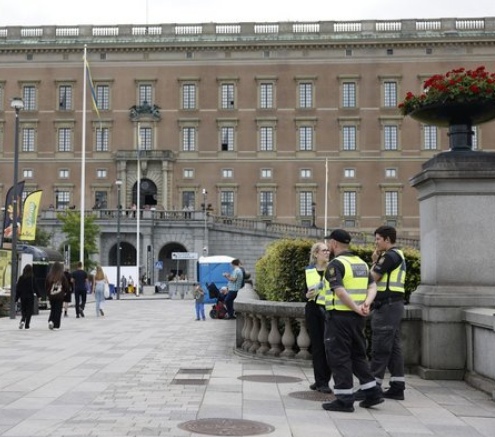Sweden’s national police chief said on Tuesday that there had been a sharp rise in gang violence this year, with shootings and bombings occurring almost daily, killing dozens of teenagers and innocent bystanders.
Sweden has been battling gang violence for years, but the latest spike in violence has been exceptional. Anders Thornberg called it “the biggest violence the country has ever seen” at a press conference. He added that some 80 imminent murders or bombings have been prevented since the beginning of the year.
Last month’s attacks left 5 people injured and 12 dead. These attacks are linked to criminal gangs that often recruit teenagers from socially disadvantaged immigrant neighbourhoods to carry out attacks.
Police in Sweden report a total of 290 shootings this year have left some 42 people dead. Authorities say the surge in violence was the result of feuds between rival groups of foreign-led criminal gangs.
Sweden‘s centre-right government believes that the country’s armed forces should cooperate with the police, but the military would only provide assistance in the form of knowledge about explosives, helicopter logistics and analysis. The armed forces and the police are working out the details of such co-operation, but no comment has yet been made on the topic. The Swedish military has not previously been involved in the fight against gang violence, which further emphasises the seriousness of the problem of rising crime.
Thornberg reports there were seven residential fires early Tuesday morning, each caused by a flammable liquid. Police later apprehended three suspected arsonists. Thornberg said most of the perpetrators “are willing to commit serious acts of violence for monetary or other rewards.”
Thornberg told reporters that police had arrested more than 400 people for firearms offences this year and about 100 more for explosives offences. He claimed:
The number of suspects under the age of 18 has increased by almost 30%.
Swedish police officials note that criminals hire people under 18 because they are not subject to the same police scrutiny as adults and because juvenile offenders are often protected from prosecution.
Hannah Paradis, a senior officer in the national police unit responsible for the latest developments, said that “although we are arresting more network criminals and seizing more drugs, weapons and explosives, the developments continue”.
